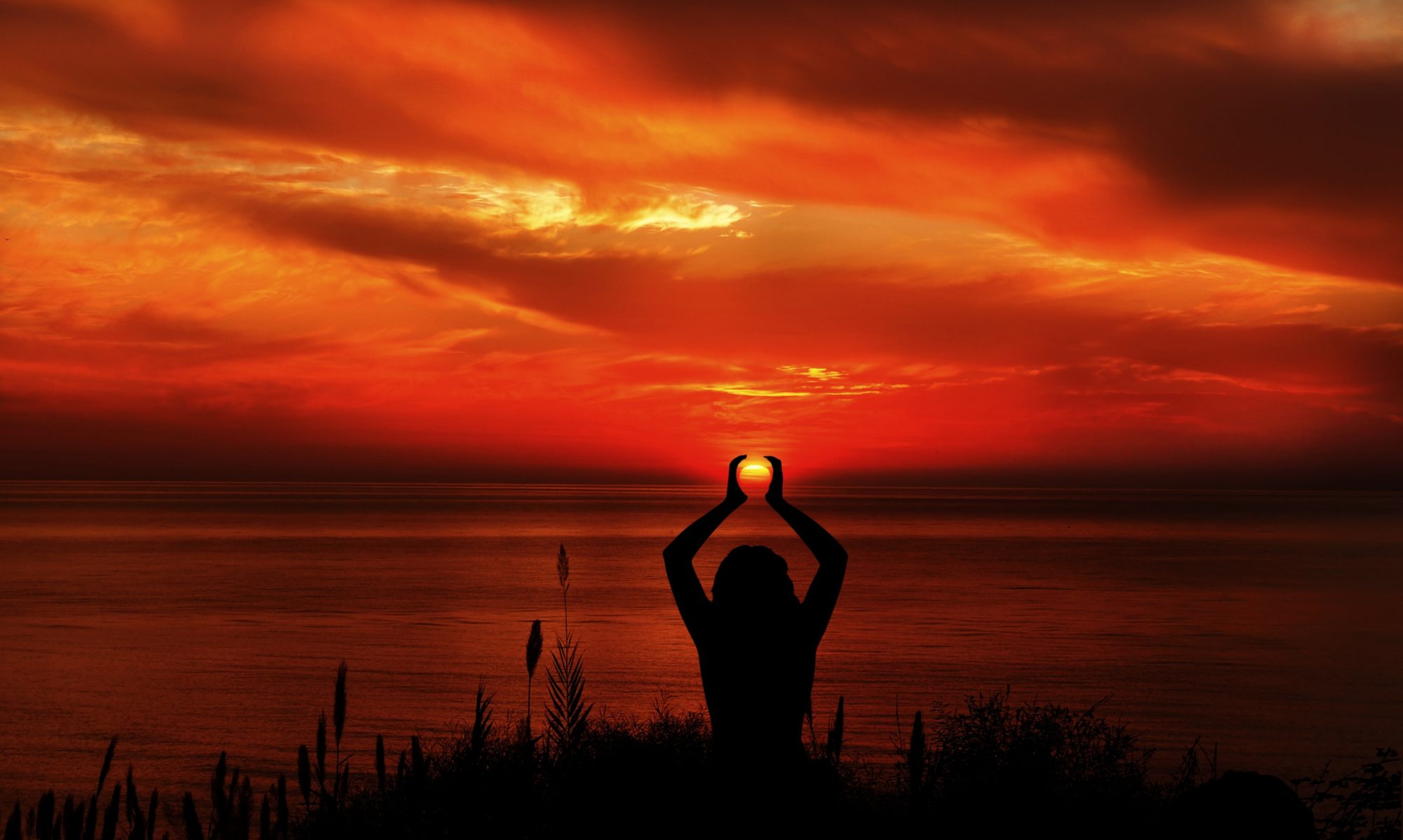Don’t condemn yourself for wanting more. Those desires you yearn for is God calling you towards growth and expansion. If they were useless, God wouldn’t have birthed within you the desires. Allow change to unfold for your evolution and the evolution of humanity. And allow God to mold you into the essence of who you are. Danny G.
Don’t Neglect the Inner You
When we revert to a chemical to heal or numb the pain, our emotions lie dormant in the depth of our soul. Our emotions wait to be discovered through seeking within for its essential calling. When we don’t deal with our emotions, and we keep burying them with a chemical, we become dependent on something outside ourselves. When we always seek outside ourselves, we can never truly heal and be abundant. All good comes within, so don’t neglect the most important element of all, which is the evolution of your soul. Danny G.
Letting It Blossom
Physical attraction alone cannot sustain a relationship. Love takes a deep connection, more than lust and more than physical beauty alone. It takes persistence, an intimacy for each other to discover ourselves anew. Don’t deny it, just let it be, and let it blossom for the evolution of your soul. Danny G.
Allow It to Change You
Your passion, your drive, your desire for more, is God calling you towards growth and expansion. You cannot stop this force, so allow it to change and mold you into the essence of who you are. When you allow this force to dominate, you allow your inner gifts to shine for yourself and the evolution of humanity. Danny G.
Always Returning Home
Everything that happens in your life is for the evolution of your soul. Everything brings you back to your spiritual journey, the essence of who you are. You may forget from time to time, but life will cause you to remember again. You’re a spiritual being who comes from the divine, and you’re bound to know yourself better. You’re bound to know who you truly are, and remember the laws that govern humanity. You’re bound to know the laws so you can thrive, and when you thrive, you inevitably lead by the clarity of your example. Danny G.
All Part of the Plan
The adversities you faced may not seem logical or fair. You may see it as a delay or unfortunate detour that was totally unnecessary. I can assure you, one day you’ll understand and know, it all happened for your greatest good and the evolution of humanity. You’ll know God had a plan, and you were part of it to create a brighter humanity. Danny G.
Constant Motion Forward
I remain focused on the sandy shore at the forefront view, while the path presents itself, day by day. When I look back, uneasiness sets in like a strong feeling in my gut, not to break. While all forces pull me forward, I know there’s an invisible source, carving the way. I know this invisible source is working it out in my favor, and I know it’s destined to be my will, purpose and dream. Danny G.
Don’t Deny It
The limited belief “it’s too good to be true,” essentially is denying the magnificence of God and creation. It’s denying everything that was orchestrated and created for you, the evolution of our species, and the evolution of all that is. Danny G.
Orchestrated For A Purpose
Everything we think, say and do has an impact on ourselves and others. We create our lives and influence others on their journey, by our mere existence and choices. Is anything random? Saying life is random or a coincidence is denying the magnificence of the universe and all its creation. Essentially, it’s saying creation has no meaningful purpose. Coincidence implies manifestation without purpose. When you look at the universe at large, and recognize all its beauty and perfection, can you honestly say it’s a mere coincidence? Do you want to believe that evolution and creation is random? Or do you want to believe in the universal spirit that orchestrated it all on your behalf? Do you want to believe God has complete control, or that evolution will carve its course? Always remember, he gave you control through your physical apparatus made ultimately for his glory. Danny G.
Life Requires Contrast to Create Evolution
We need contrast to create experience and evolution. We need a platform and a reference point to create our lives and change the world. Without a platform or reference point, there is no evolution and ultimately no journey. Without contrast, we cannot choose, and we cannot define who we are. Danny G.
